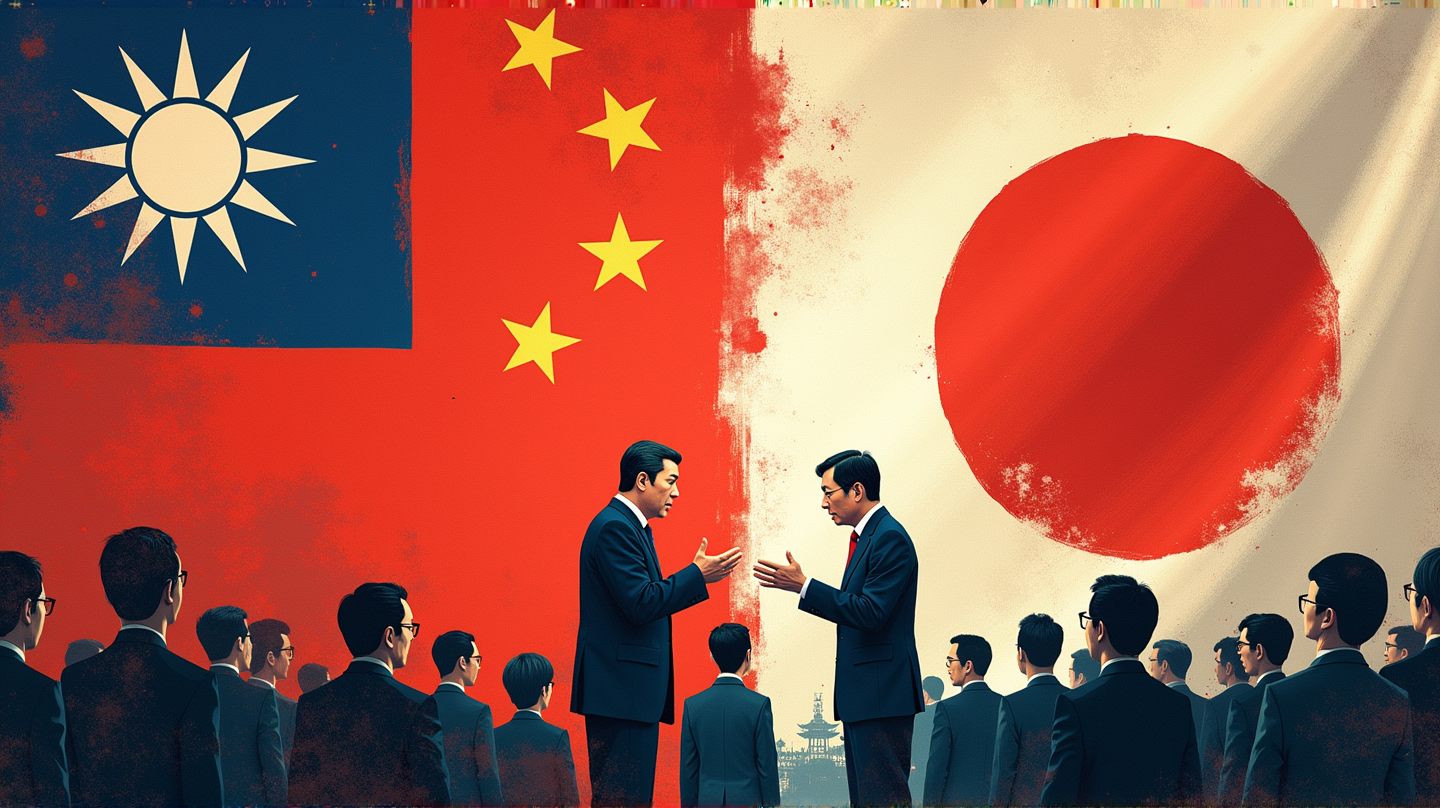Setting the Stage: Rising Diplomatic Tensions
In recent developments, China has issued a travel advisory against visiting Japan. This move, a reaction to remarks made by Japan’s newly elected Prime Minister, Sanae Takaichi, has triggered a diplomatic standoff. The comments in question were about a hypothetical scenario involving Taiwan, a sensitive subject given the historical and political complexities involved.
Underpinning Remarks: Takaichi’s Provocative Statements
On November 7th, in a parliamentary address, PM Takaichi remarked that any act of aggression towards Taiwan could prompt a military response from Japan. Her bold assertions have been perceived as provocative by China. For decades, Taiwan has been a contentious topic, with Beijing claiming it as part of its territory.
The Embassy’s Alarm: A Travel Advisory Unfolds
The online advisory by China’s embassy in Japan signals elevated caution, highlighting the “significant risks to the personal safety” of Chinese nationals in Japan. It is not just travel advisories at play; diplomatic communications have intensified. Both nations have summoned each other’s ambassadors over contentious statements, further deepening the rift.
Historical Context and Mutual Interests
Beyond the immediate diplomatic rhetoric, the strained ties echo long-standing historical tensions. Japan’s historical occupation of Taiwan and ongoing territorial rivalries inject complexity into current proceedings. Yet, amidst all, China and Japan remain vital economic partners.
Political Waves: Inside the Drama
The impeccable timing of PM Takaichi’s comments, just a month into her tenure, reflects Japan’s conservative yet intricate foreign policy stance. Her identification with China hawks has already drawn significant international attention. Meanwhile, calls from Japan’s ruling party to expel a Chinese envoy following inflammatory online remarks have amplified diplomatic exchanges.
Navigating Future Dynamics: Strategic Ambiguity
Diplomatic circles continue to analyze PM Takaichi’s stance on Taiwan. While previous Japanese leaders have shied away from definitive comments on Taiwan’s defense, Takaichi’s open remarks mark a deviation. This comes amid Japan’s capacity for “collective self-defence” under certain security legislations, passed in 2015.
While the world watches, PM Takaichi underscores her unwillingness to retract her statement, suggesting continuity in Tokyo’s policy. Nonetheless, she prefers to avoid detailing hypothetical scenarios moving forward, perhaps acknowledging the potent impact of strategic ambiguity.
In a landscape of intricate geopolitical games, the Taiwan issue remains a pivotal thread. As stated in The Guardian, the evolution of these tensions merits close watch by regional observers. “`
